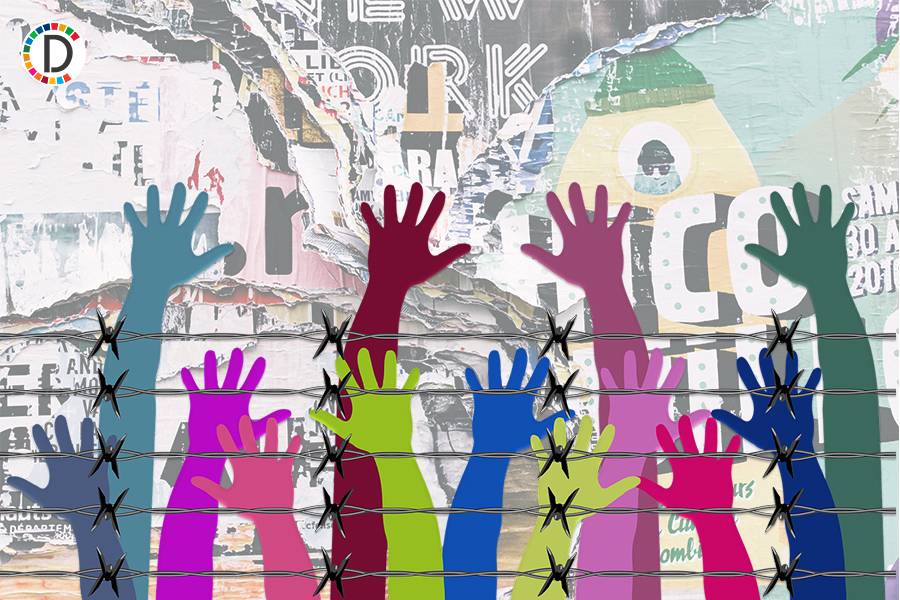Political Shift in Somaliland: Cirro's Victory
Abdirahman Cirro, opposition leader in Somaliland, has won the recent election, defeating incumbent president Muse Bihi Abdi. As Somaliland seeks global recognition, Cirro's election could impact future relations with Ethiopia and dialogues with Somalia. Many hope the U.S. administration may support Somaliland's aspirations for recognition.

In a significant political development, Somaliland's opposition figure Abdirahman Cirro has unseated the serving president, Muse Bihi Abdi, following the latest elections, according to announcements by the electoral commission. This shift in leadership could have far-reaching implications as Somaliland continues its campaign for international recognition.
Somaliland, which has been self-governing since declaring independence from Somalia in 1991, remains unrecognized globally, limiting both its economic avenues and the movement of its six million citizens. Garnering 64% of the vote compared to Bihi's 35%, Cirro's victory marks a pivotal moment for the region. The new administration's approach to international relations, particularly a preliminary agreement with Ethiopia, remains under scrutiny.
Sitting at a strategic crossroads between the Indian Ocean and the Red Sea, Somaliland eyes prospects of international recognition, especially following its January agreement offering Ethiopia access to its coast in exchange for diplomatic acknowledgment. The incoming U.S. administration could also play a crucial role, adding to the intrigue of potential shifts in Somaliland's foreign policy direction.
(With inputs from agencies.)
ALSO READ
A Diplomatic Odyssey: Modi's Historic Journey Through Ethiopia to Oman
India-Ethiopia: A Strategic Partnership for Growth
Honoured to be here in temple of democracy, in heart of nation with ancient wisdom, modern aspirations: PM Modi at Ethiopian Parliament.
PM Modi embarks on three-nation tour to Jordan, Ethiopia, Oman
The world cannot move forward if its systems remain locked in the past: PM Modi in address to Ethiopian Parliament.










